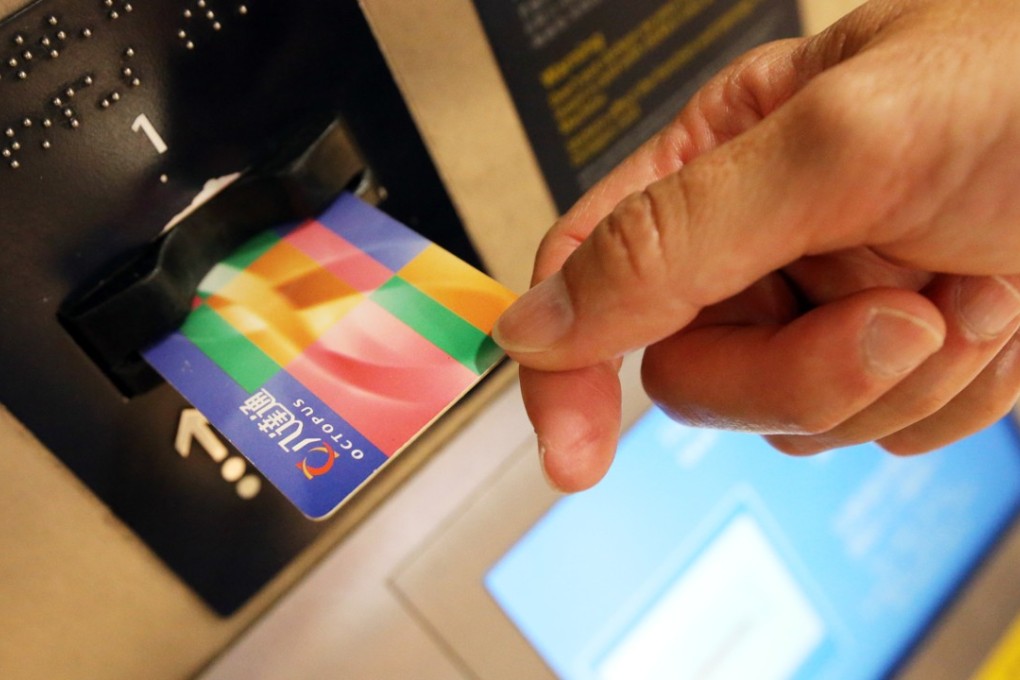My Take | On e-payment, Hong Kong must catch up with rest of the world
The mainland has moved rapidly towards a cashless society, as have other places in Asia and the world, yet we are stuck with the Octopus card

Urbanised centres across the mainland have gone cashless. Hong Kong is still talking about getting there. This is one of many hi-tech areas and high value-added supply chains where the city is being left behind.
Consider this. Mainland news media have reported that beggars in Beijing and Jinan, in Shandong, have been using printouts of QR codes to enable people to donate money via such payment apps as Alipay and WeChat Wallet. Even beggars are using e-payment!
Mainland businesses large and small have been quick to embrace the mobile internet. Chinese urbanites don’t carry much cash around these days. Instead, they pay for everything with apps on their smartphones. Vegetable sellers in wet markets have electronic payment readers. That should give some idea why BAT, the trio of internet giants – Baidu, Alibaba, and Tencent – were all founded on the mainland and not in Hong Kong.
When the Octopus card was introduced in Hong Kong 20 years ago, it was a world-beating payment platform. But it has only recently enabled so-called p2p, or person to person payment.
According to a survey of six Asian cities on e-payments, eight out of 10 Hong Kong people think we are lagging behind.
